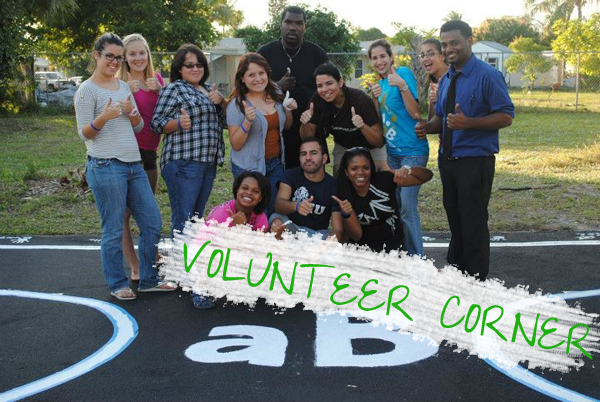
WHAT IS ALTERNATIVE BREAK
An alternative break is a trip where a group of college students (usually 10-12 per trip) engage in volunteer service, typically for a week. Alternative break trips originated with college students in the early 1980s as a counter to “traditional” spring break trips.
Alternative breaks may occur during students’ fall, winter, weekend, or summer school breaks. Each trip has a focus on a particular social issue, such as (but not limited to) poverty, education reform, refugee resettlement, and the environment. Students learn about the social issues and then perform week-long projects with local non-profit organizations. Alternative breaks are also drug and alcohol-free experiences, with a heavy emphasis on group and individual reflection.
Alternative breaks challenge students to critically think and react to problems faced by members of the communities they are involved with. Being immersed in diverse environments enables participants to experience, discuss, and understand social issues in a significant way.
The intensity of the experience increases the likelihood that participants will transfer their experience on-site back to their own communities even after the alternative break ends.
The aim of the experience is to contribute volunteer hours to communities in need, and to positively influence the life of the alternative breaker. Breakers are emboldened to take educated steps toward valuing and prioritizing their own communities in life choices such as recycling, donating resources, voting, etc.
Many breakers have returned to their college campuses to create a campus organization related to the social issue, have a deeper understanding and commitment to an academic path, execute a fundraiser for the non-profit organization they worked with, organize a letter writing campaign to members of Congress, volunteer in their local community, or commit to an internship or career within the non-profit sector.
2012 Trip to Guyana
Gallery Images

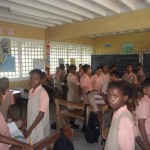

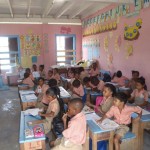
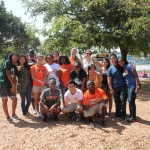
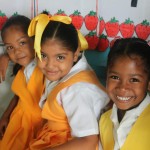
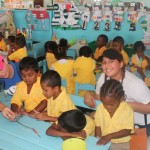


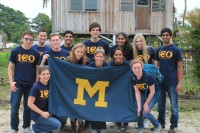





 International Children’s Outreach Inc. (ICO) is a non-profit, charitable organization dedicated to providing food, clothing, medical, and educational supplies to deserving children. We are not restricted as to where we may operate; however, we currently concentrate our efforts on projects which serve poor children within the inner city of the United States and third world countries...
International Children’s Outreach Inc. (ICO) is a non-profit, charitable organization dedicated to providing food, clothing, medical, and educational supplies to deserving children. We are not restricted as to where we may operate; however, we currently concentrate our efforts on projects which serve poor children within the inner city of the United States and third world countries...